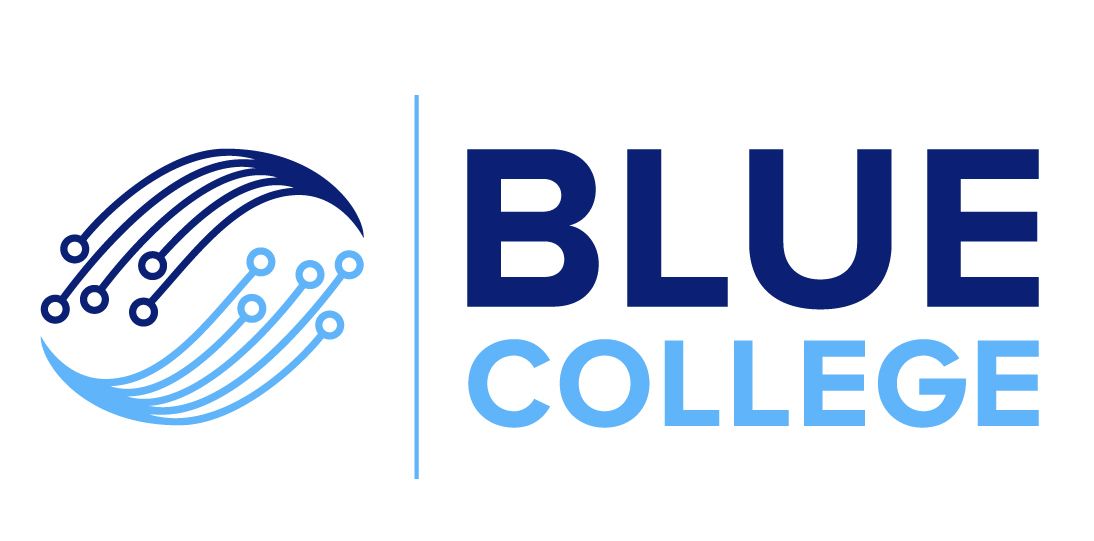
Imagine if someone could sneak into your house, turn off the lights, or even mess with your water. Now, imagine if they could do this not just to your home, but to an entire city! That’s why cybersecurity—the art and science of protecting computers, networks, and data from bad guys—is so important today.
What is Cybersecurity? … and why should a 7-year-old or anyone care?Cybersecurity is like having super-strong locks, secret codes, and invisible shields that protect everything connected to the internet—from your favourite video game to the water system that fills your bathtub. It keeps our personal information, such as names and birthdays, safe from people who shouldn’t have access to it. Jon Kamyck, a cybersecurity expert, says that because so much of our lives now occur online—shopping, chatting with friends, even attending school—protecting our information is more important than ever.
The Foundation: How Cybersecurity Works
Let’s break down the basics using some easy-to-understand ideas and see how they work online:
Authentication:
Think of authentication like showing your school ID to prove you’re a student. Online, authentication is how websites and apps make sure you are you, usually by asking for a password, a code sent to your phone, or even a fingerprint. For example, when you log in to your favourite game, you might enter a password (something you know) or use your fingerprint on a tablet (something you are). Sometimes, you need both—a practice called multi-factor authentication, which makes it much harder for someone else to pretend to be you.
Authorization:
At school, only teachers can enter the teacher’s lounge. Online, authorization decides what you can and can’t do after you log in. For example, your school’s website might let students see their grades but only let teachers change them. After you’re authenticated, the system checks what actions you’re allowed to perform—like reading, editing, or deleting information.
Confidentiality:
This is like keeping your diary locked so no one else can read it. In cyberspace, confidentiality means making sure that only the right people can see your information. Websites use encryption (turning information into secret codes) so that if someone tries to snoop, they can’t understand what they see.
Integrity:
Imagine if someone changed your homework after you handed it in. Online, integrity ensures that information isn’t changed by accident or by someone who shouldn’t be able to. For example, when you send a message or upload a file, cybersecurity tools check that it arrives exactly as you sent it, without any sneaky changes along the way.
Availability:
Just like you want your favourite playground always to be open/accessible, availability means making sure websites and services are up and running when you need them. Cybersecurity teams work hard to stop attacks that try to shut down websites or block your access to important services, like online banking or emergency alerts.
Real-World Examples: Cybersecurity in Action
Water Systems: Imagine if someone could turn off clean water to your city. In 2021, hackers tried to poison the water supply in a Florida town by changing chemical levels. Luckily, cybersecurity experts stopped them in time.
Smart Cities utilize computers to control traffic lights, buses, and even streetlights. If hackers break in, they could cause accidents or blackouts. That’s why cities need strong cybersecurity teams to keep everything running smoothly.
In hospitals, doctors and nurses use computers to keep track of patients. Cybersecurity keeps this information private and makes sure no one changes your medical records by accident or on purpose.
Why Do We Need Trained Cybersecurity Professionals?
Just like you need teachers to run a school, we need cybersecurity experts to protect our digital ecosystem. These professionals:
Cybersecurity is a fast-growing field globally. In Canada and around the world, there’s a huge need for people who understand how to keep our information and infrastructure safe.
Want to Study Cybersecurity in Canada?
If you’re new to Canada and thinking about a cybersecurity diploma, you’re making a smart choice! You’ll learn:
Famous authors like Bruce Schneier and Gene Spafford have written books that help people understand why cybersecurity matters and how everyone can play a part in staying safe.
Let’s recap…
Cybersecurity is the invisible shield that keeps our modern and most unique online ecosystem safe. From the water you drink to the lights in your city, it’s all protected by people who understand how to stop cyber villains. If you want to be a hero in the digital age, learning about cybersecurity is a great place to start!
As a bonus and thank you for reading this post till the end, we have collated three books from two great minds in the field of cybersecurity just for you, as well as a discount code from Blue College to enroll in our Cybersecurity diploma course.
Highly recommended books on Cybersecurity
What is Cybersecurity? … and why should a 7-year-old or anyone care?Cybersecurity is like having super-strong locks, secret codes, and invisible shields that protect everything connected to the internet—from your favourite video game to the water system that fills your bathtub. It keeps our personal information, such as names and birthdays, safe from people who shouldn’t have access to it. Jon Kamyck, a cybersecurity expert, says that because so much of our lives now occur online—shopping, chatting with friends, even attending school—protecting our information is more important than ever.
The Foundation: How Cybersecurity Works
Let’s break down the basics using some easy-to-understand ideas and see how they work online:
Authentication:
Think of authentication like showing your school ID to prove you’re a student. Online, authentication is how websites and apps make sure you are you, usually by asking for a password, a code sent to your phone, or even a fingerprint. For example, when you log in to your favourite game, you might enter a password (something you know) or use your fingerprint on a tablet (something you are). Sometimes, you need both—a practice called multi-factor authentication, which makes it much harder for someone else to pretend to be you.
Authorization:
At school, only teachers can enter the teacher’s lounge. Online, authorization decides what you can and can’t do after you log in. For example, your school’s website might let students see their grades but only let teachers change them. After you’re authenticated, the system checks what actions you’re allowed to perform—like reading, editing, or deleting information.
Confidentiality:
This is like keeping your diary locked so no one else can read it. In cyberspace, confidentiality means making sure that only the right people can see your information. Websites use encryption (turning information into secret codes) so that if someone tries to snoop, they can’t understand what they see.
Integrity:
Imagine if someone changed your homework after you handed it in. Online, integrity ensures that information isn’t changed by accident or by someone who shouldn’t be able to. For example, when you send a message or upload a file, cybersecurity tools check that it arrives exactly as you sent it, without any sneaky changes along the way.
Availability:
Just like you want your favourite playground always to be open/accessible, availability means making sure websites and services are up and running when you need them. Cybersecurity teams work hard to stop attacks that try to shut down websites or block your access to important services, like online banking or emergency alerts.
Real-World Examples: Cybersecurity in Action
Water Systems: Imagine if someone could turn off clean water to your city. In 2021, hackers tried to poison the water supply in a Florida town by changing chemical levels. Luckily, cybersecurity experts stopped them in time.
Smart Cities utilize computers to control traffic lights, buses, and even streetlights. If hackers break in, they could cause accidents or blackouts. That’s why cities need strong cybersecurity teams to keep everything running smoothly.
In hospitals, doctors and nurses use computers to keep track of patients. Cybersecurity keeps this information private and makes sure no one changes your medical records by accident or on purpose.
Why Do We Need Trained Cybersecurity Professionals?
Just like you need teachers to run a school, we need cybersecurity experts to protect our digital ecosystem. These professionals:
- Detect and stop cyberattacks before they cause harm.
- Fix problems quickly if something goes wrong.
- Teach others how to stay safe online.
- Protect critical infrastructure—like energy, water, and transportation systems—from being hacked.
Cybersecurity is a fast-growing field globally. In Canada and around the world, there’s a huge need for people who understand how to keep our information and infrastructure safe.
Want to Study Cybersecurity in Canada?
If you’re new to Canada and thinking about a cybersecurity diploma, you’re making a smart choice! You’ll learn:
- How to protect computers and networks.
- How to spot and stop hackers.
- How to keep cities, hospitals, and businesses safe.
Famous authors like Bruce Schneier and Gene Spafford have written books that help people understand why cybersecurity matters and how everyone can play a part in staying safe.
Let’s recap…
Cybersecurity is the invisible shield that keeps our modern and most unique online ecosystem safe. From the water you drink to the lights in your city, it’s all protected by people who understand how to stop cyber villains. If you want to be a hero in the digital age, learning about cybersecurity is a great place to start!
As a bonus and thank you for reading this post till the end, we have collated three books from two great minds in the field of cybersecurity just for you, as well as a discount code from Blue College to enroll in our Cybersecurity diploma course.
Highly recommended books on Cybersecurity
- "A Hacker’s Mind: How the Powerful Bend Society’s Rules, and How to Bend Them Back" - Bruce Schneier (author)
- "Secrets and Lies: Digital Security in a Networked World" - Bruce Schneier (author)
- "Practical Unix and Internet Security"- Gene Spafford (author), co-authored with Simson Garfinkel and Alan Schwartz


